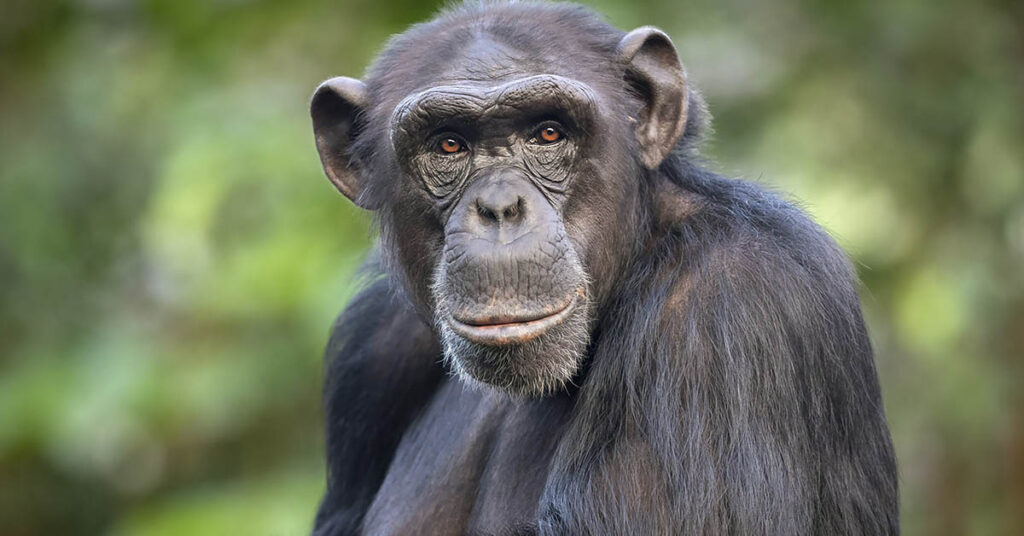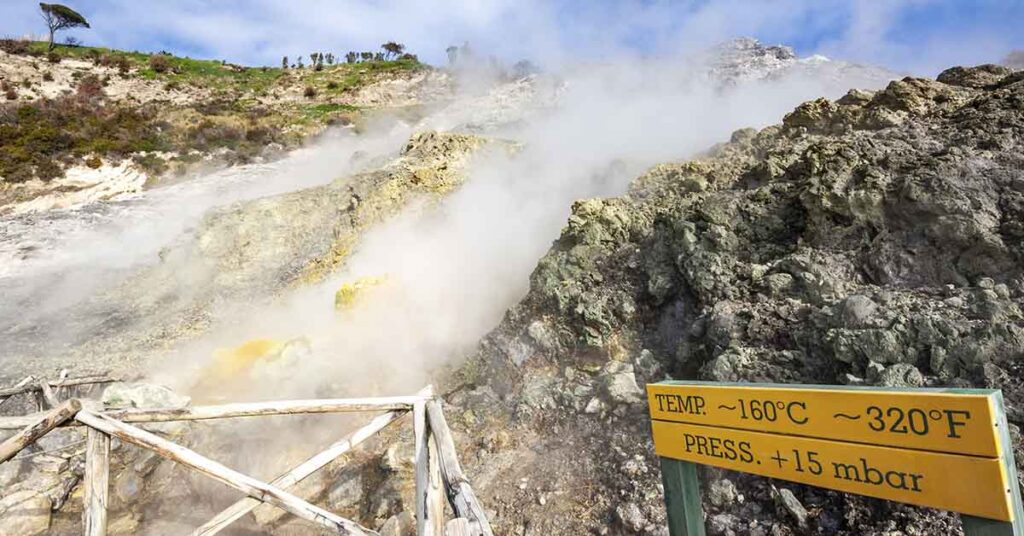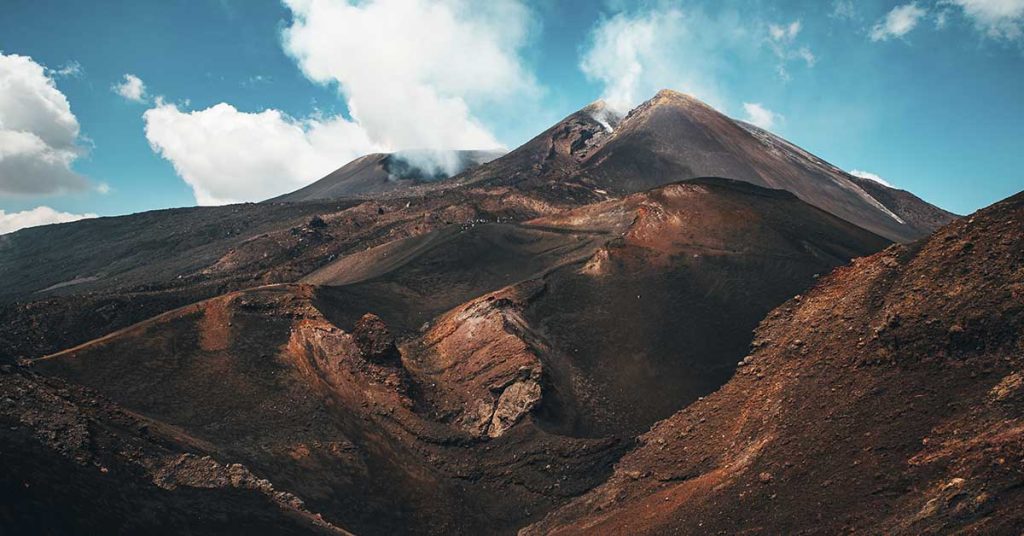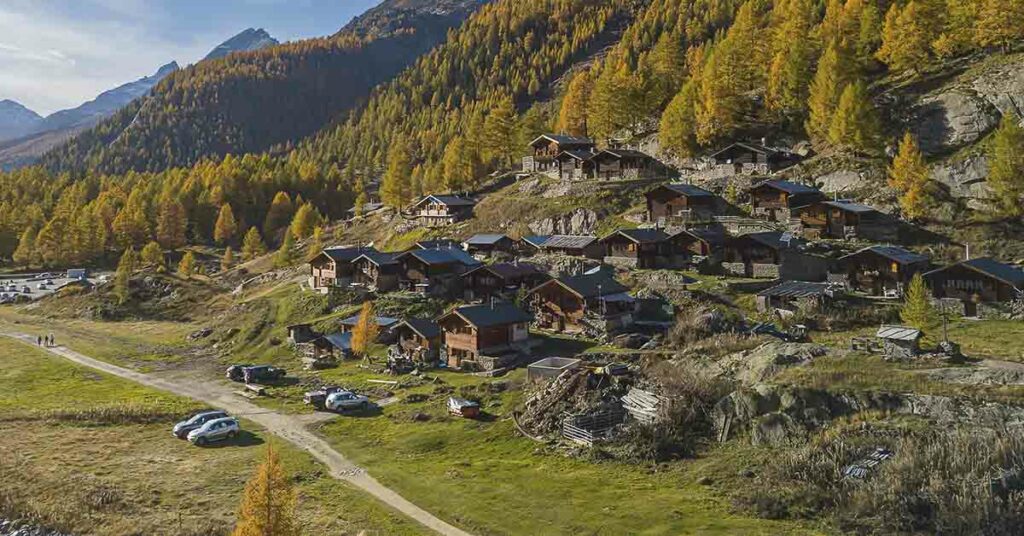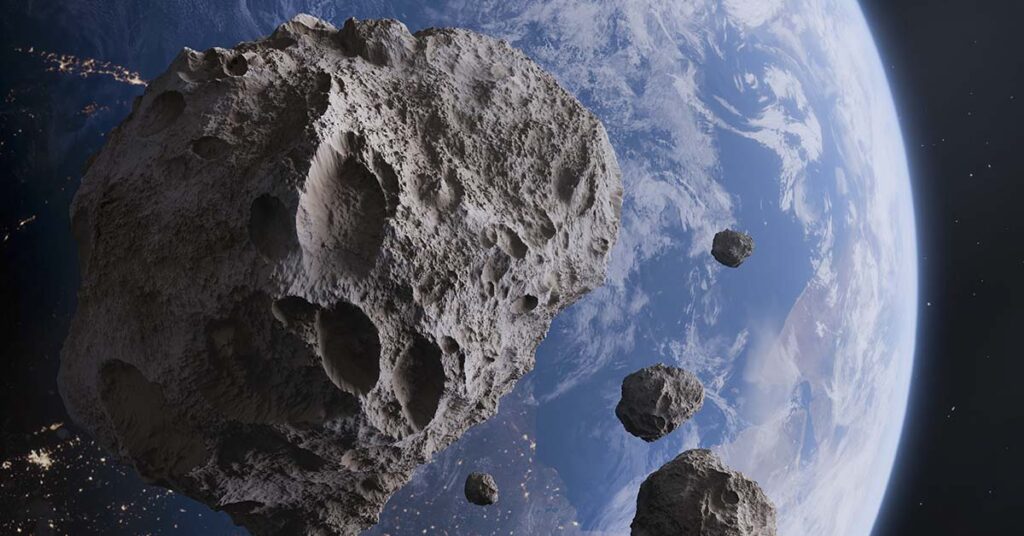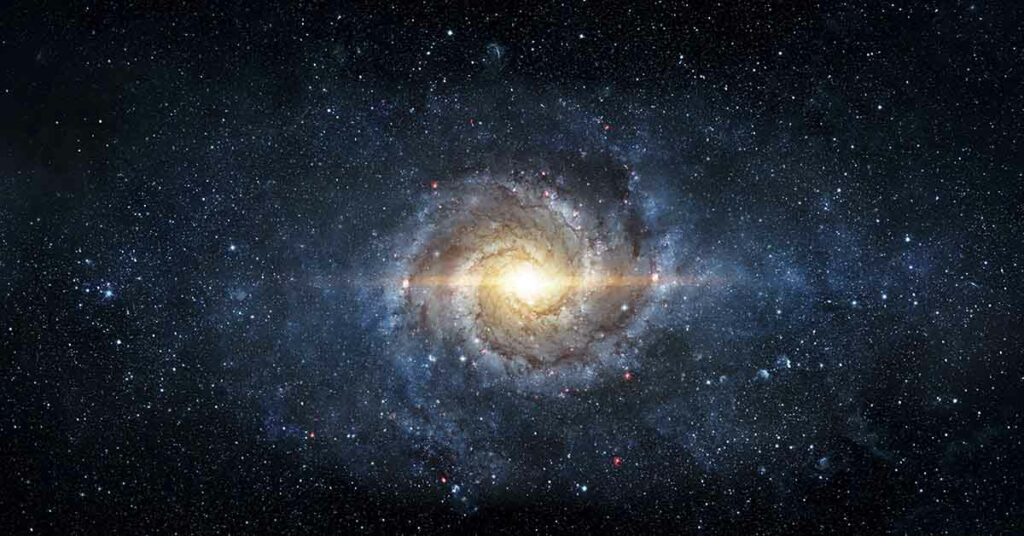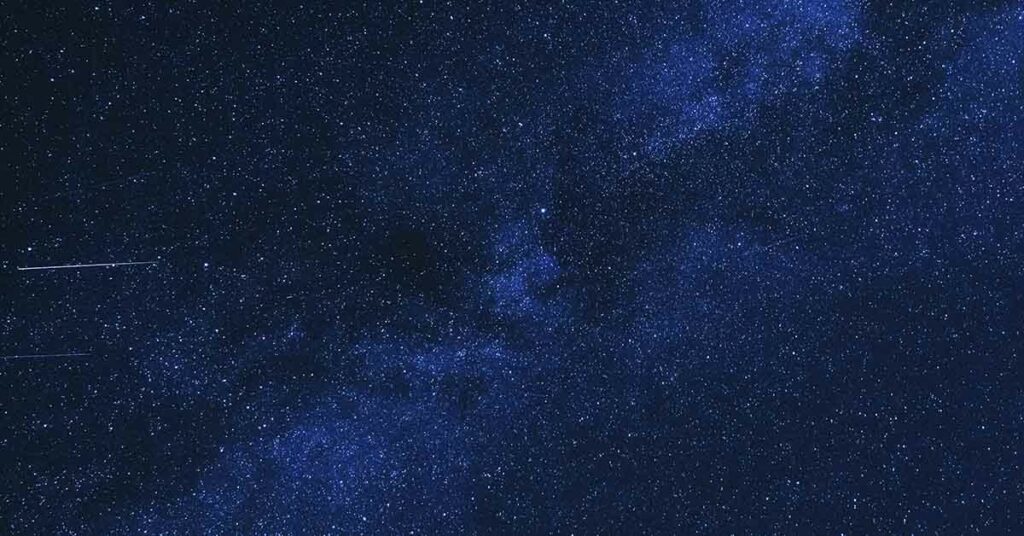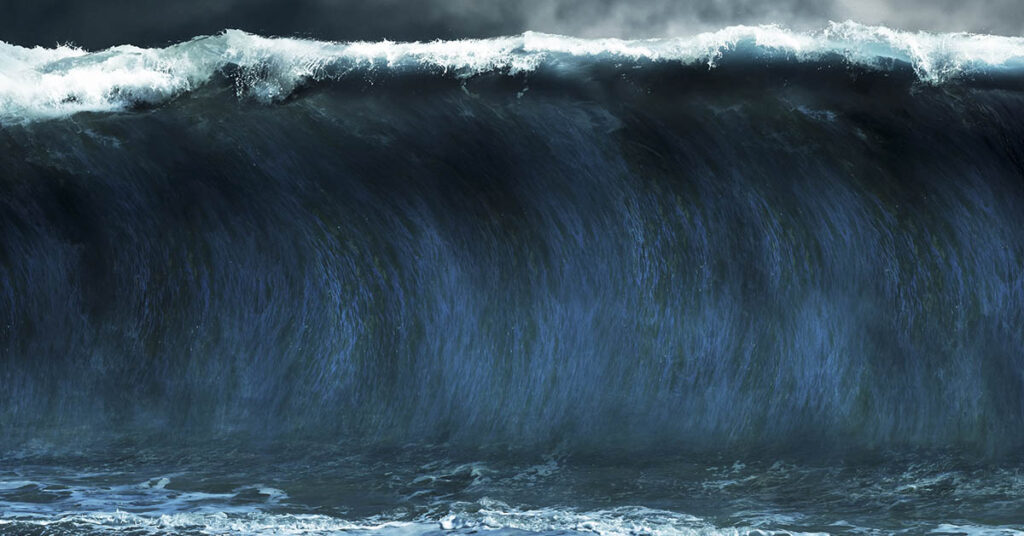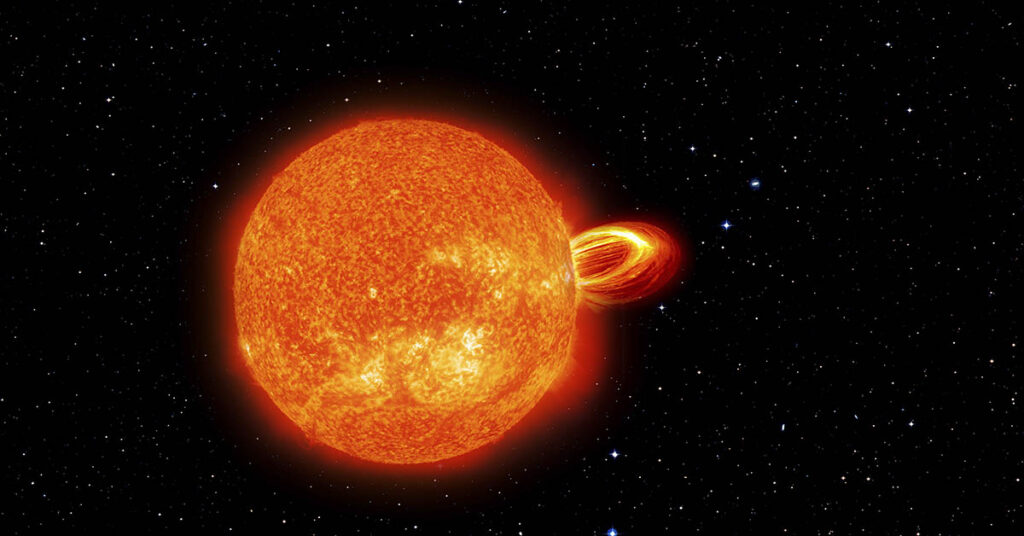Some bugs make surprisingly good roommates. For example, many species of spiders can work as pest control while keeping to themselves. However, other insects are venomous or enjoy invading food supplies, beds, and house foundations. Phereoeca uterella is a type of moth that lives in tropical climates and eats a wide diet, including household items...
Planet
Hollywood’s historical use of chimp “actors” has distorted public perception of these creatures. Make no mistake, chimpanzees are wild animals that should not be underestimated. Over recent years, “domesticated” chimps have made headlines for attacking humans, or for being abused by their handlers. These cases are so horrifically memorable. It’s easy to forget all of...
Near Naples, Italy, the massive Campi Flegrei caldera has scientists worried. Recently, earthquakes, gas emissions, and shifting ground have hinted that this sleeping giant may be stirring. With a long history of catastrophic eruptions, it’s no surprise the world is watching closely. Scientist are now exploring what’s happening beneath the surface of the volcanic area...
On June 2, 2025, the Mount Etna eruption shocked everyone, sending ash and smoke high above Sicily’s rugged landscape. This volcanic event arrived suddenly, turning Italy’s national holiday, Festa della Repubblica, into an unforgettable day. While tourists scrambled to find safety, locals quickly sprang into action to stay secure. Thankfully, no injuries were reported due...
On May 29, the village of Blatten in Switzerland disappeared under an avalanche of ice and rock when a glacier above it collapsed. Within just two minutes, 9 million tons of debris came tumbling down the mountainside, burying an ancient Alpine settlement. The impact was so powerful it registered as a 3.1-magnitude earthquake, making this one of the nation’s biggest landslides. When Swiss...
Astronomers discovered a 60-meter asteroid on December 27th that could hit Earth in 2032. This asteroid, 2024 YR4, could potentially kill millions if it struck a city, immediately triggering a coordinated global response. Within hours, telescopes worldwide began tracking its path while space agencies started planning response missions. Scientists have eight years to act if the asteroid stays on...
Valentyn Frechka’s journey began with a simple question: What if turning leaves into paper could become a reality? His curiosity led to a project that has captured the attention of inventors and environmentalists alike. Making paper from leaves might sound like a small idea, but it’s a powerful step toward a greener future. Fallen leaves...
Utilizing new techniques and advances in technology, scientists have world out that the universe is 13.7 billion years old. That is truly an inconceivably long amount of time. Many people assume that it will simply go on forever. However, while we aren’t in any immediate threat, researchers believe the universe will end much sooner than...
Astronomers recently detected a strange, near-perfectly circular object deep within our galaxy. Called Teleios, the name comes from the Greek word for “perfection,” and it’s turning heads in the astronomy world. This object appears to be a supernova remnant, yet it defies expectations with its nearly flawless shape. Most remnants left by star explosions are...
Scientists have identified the USA’s three most lethal tsunami risk zones, and millions of people live directly in the path of destruction. The Pacific Northwest, East Coast, and Gulf Coast face different levels of catastrophic dangers from these towering ocean waves. These aren’t distant threats and are ticking time bombs triggered by earthquakes, underwater landslides, and rising seas. What Turns Normal...
Editor’s Note (June 2, 2025):This article was originally published prior to the recent solar storm event. We’ve added new information below detailing the June 1–3 geomagnetic storm, including real-time impacts and updated NOAA warnings. Solar storms are powerful bursts of energy from the sun that can affect our life on Earth. In May 2025, the...
The word “crime” comes with many severe connotations. It draws up images of burglars, drug dealers, embezzlers, carjacking thieves, scam artists, stalkers, and serial killers. But many crimes are much less dramatic and much more common, like underage drinking and distracted driving. Although these are laws people often break, it’s not surprising to receive a...


